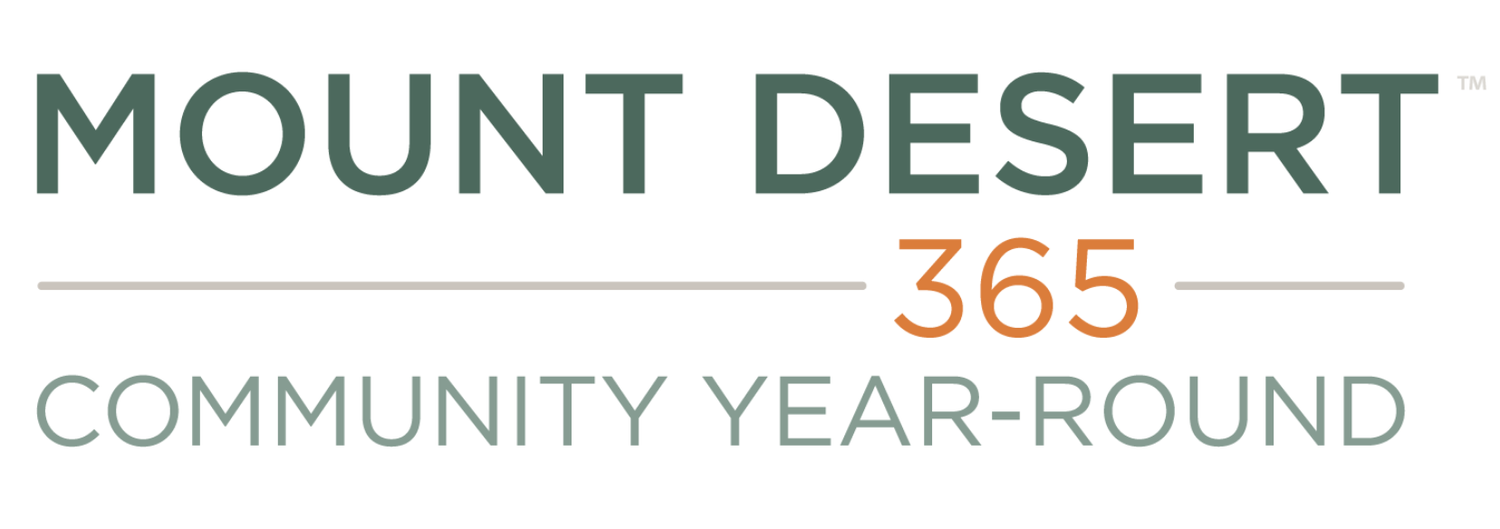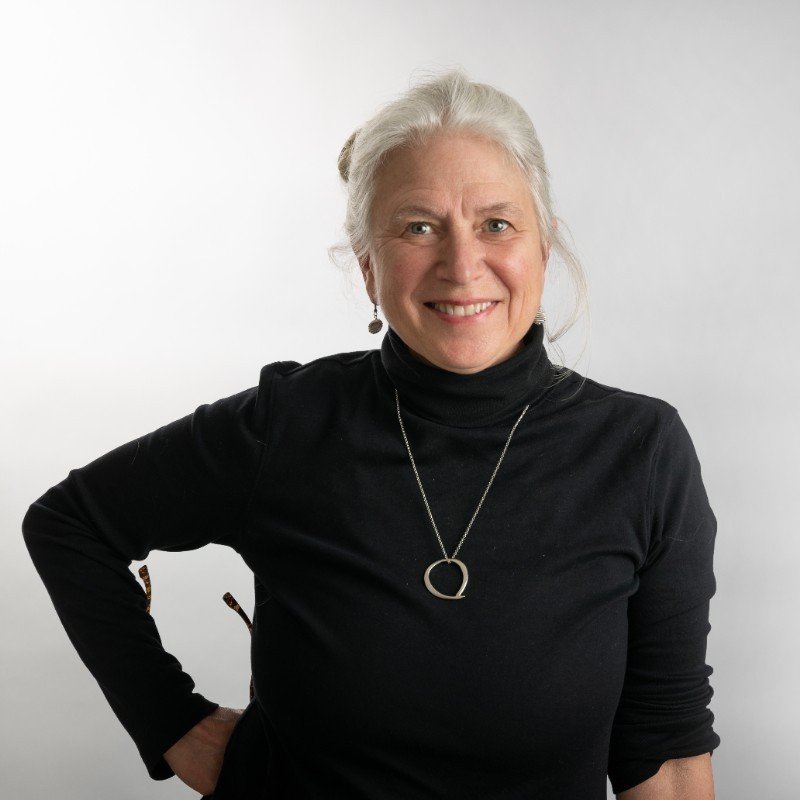Building Community One Stick of Wood, One House at a Time
April 18, 2022
By Caroline Pryor
A big pile of firewood in our driveway gives me a feeling of security. Work lies ahead, but no matter what winter brings – power outages, ice storms, nor’easters, polar vortices – we’ll be warm several times over stacking, splitting, restacking, and burning that wood.
One bitter cold night last January, a hardy group of women gathered around a friend’s fire pit for pandemic camaraderie. The next day’s forecast was for more than a foot of snow, freezing rain, then plunging temperatures. The Downeast Special.
Our host had a pile of just-delivered wood in her drive. I had a sinking feeling. The wood, most of her winter supply, would soon be encased in cement-like ice if she didn’t get it under cover.
At first light, my husband David and I layered up and returned to help Kathryn move as much wood as quickly as possible. A portable speaker pumped out tunes, it was like an arctic workout. In an hour, the wood was in the garage and partially stacked. Kathryn brought out steaming mugs of tea and we did cheers before heading home to hot showers and the regular workday.
I slid into my first zoom meeting of the day with Kathy Miller, a few minutes late with wet hair and a smile. I knew she would understand the need to jump in and help a neighbor. Kathy is all about supporting the community threads that connect and nourish us.
Kathy and I are working on different, complementary ways to bring quality, affordable, clean, climate- and people-friendly housing to communities in need. Across MDI, Maine, and the nation, a severe housing shortage is unravelling our communities, our economies, and our humanity. MaineHousing estimated in 2021 that more than 22,000 housing units are currently needed for those who earn less than the average median income (this varies by county and household size). The number is considerably higher when “workforce” or moderate-income households are included.
Without a stable place to live, how can teachers, fishermen, tradespeople, first responders, Acadia National Park employees, municipal and restaurant staff, nurses, grocery clerks, and so many others who are the fabric of our community contribute?
Kathy works at Mount Desert 365 – a community organization and key property owner in Northeast Harbor. I support MD 365’s work and also that of Island Housing Trust (full disclosure: I previously worked with IHT a number of years ago to help raise capital and operational funds).
Today my work includes launching Zero Energy Homes, a modular manufacturing initiative that will bring a different and better housing product to Maine than is currently available.
The goal is to build livable, quality, affordable homes in Maine with primarily Maine materials, that have a minimal environmental impact, so residents enjoy the benefits of a clean economy and an energy-efficient home. Pennsylvania supplies the bulk of modular homes currently sold in Maine.
Zero Energy Homes (ZEH) is planned for Millinocket, a region ready for investment in the heart of Maine’s wood basket. At scale, 300-500 homes/year would be built and delivered throughout northern, downeast, central, southern Maine, and beyond. Set and finish crews, trained and working in partnership with ZEH, would help ensure quality control and provide good jobs.
Our Katahdin is a key partner, and like MD 365, it is also a community development, 501c3 organization. Our Katahdin owns One North in Millinocket, a 1,200-acre property on the Penobscot River served by hydroelectric power offered to tenants at behind-the-meter prices. The property is the former mill site owned by Great Northern. We believe One North is the ideal location for ZEH.
Lumber, exterior siding (no vinyl), flooring, cabinetry, cellulose insulation, and other renewable forest products from Maine will be featured, expanding markets for locally-sourced products. New, carbon sequestering materials such as compressed straw insulation and wallboard made from nanocellulose (replacing gypsum) are under development in the state.
Zero energy means homes will use about as much energy as they generate. A tight thermal envelope and efficient appliances (including heat pumps) minimize energy usage and provide comfortable temperatures year-round, even in northern latitudes. A solar array or share in a community solar farm supplies the energy. One result is that residents have no or very low heating/electric bills.
We’re now working on the first two pilot homes – 3 bedroom/2 bath, one-story, to be located in a Millinocket neighborhood and designed by BrightBuilt Homes – hopefully, ready for 2022 occupancy. These two homes will be for Indigenous families through a partnership with Wabanaki Public Health and Wellness.
Our progress to date on this very big lift has been made possible thanks to the generous and visionary support of the Elmina B. Sewall Foundation and a long-time friend (and former Mount Desert resident) Harriet Hubbard.
These are crazy times to build and plan anything! Costs are skyrocketing, supply chains are unpredictable, yet the need for homes is pressing as is the need to replace Maine’s fossil-fuel dependent, drafty, moldy, aging, unhealthy housing stock.
We’re getting ready to pitch ZEH to a wider circle of investors and will be seeking those with patient capital and an alignment with our values. Zero Energy Homes is more than a business, it’s a much-needed opportunity to do important things right.
Northeast Harbor is the first place I lived in 1983 when I moved here to accept a job. A realtor helped me find a nice, small, cold, seasonal rental (with no dry firewood).
I was turned out in June and the housing shuffle began. In 1993, before housing prices really exploded, David and I fortunately found our fixer-upper farmhouse at R. A. Corner, which we could then afford on two salaries. Like many friends and neighbors, we now wonder if any of our children will have an opportunity to live and work here.
Good community, like firewood, provides security and comfort. It takes work but the rewards are priceless.
May the coming seasons bring us all renewed energy and commitment to support our neighbors and communities, whether they be near or far.
And if you find yourself with a pile of firewood that needs attention, you know who to call.
Caroline Pryor lives in Mount Desert with her family – David, Jesse, and Eliza (now in school in Boston). Her public service includes six years on the Mount Desert School Committee, MDI High School, and AOS 91 Regional School Boards. She served as vice president and project manager for many years at Maine Coast Heritage Trust. In addition to launching Zero Energy Homes, she is the principal of Good Dirt Consulting, a small practice with big ideas about the health and well-being of our changing world.

